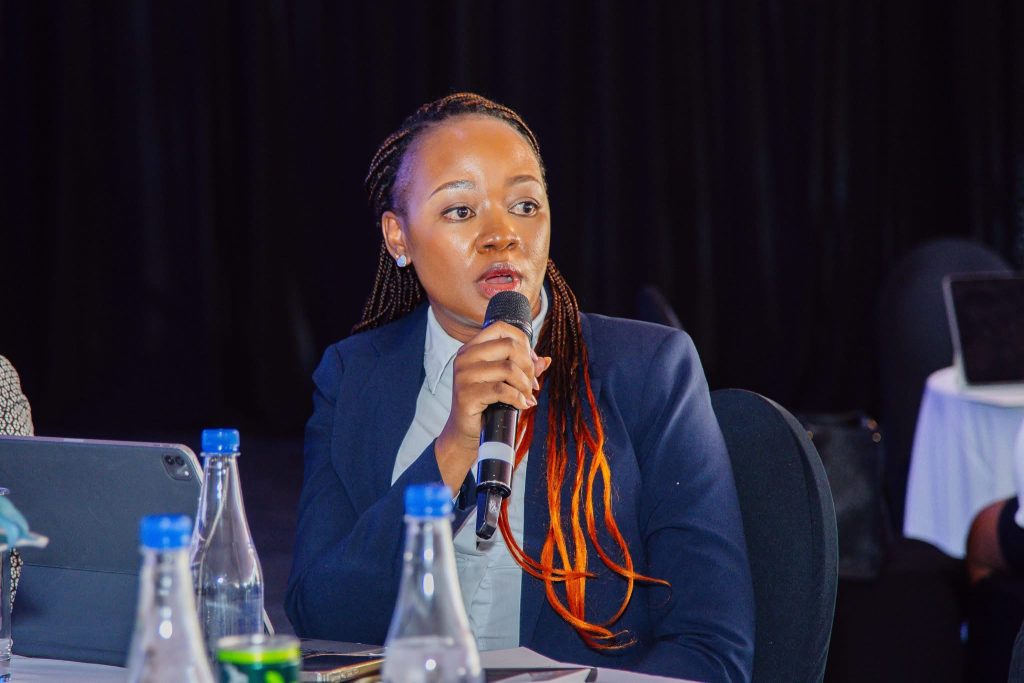If you’re an active investor/or a keen follower of capital markets, especially on the Botswana Stock Exchange (BSE), you would have probably noticed that the share prices of many companies have been climbing.
Steadily this year, and for much of the past 3/4 years, which means the value of shares in the hands of investors has been increasing.
Read: Listed Investments See Broad Price Increases
This rally was supported by solid company earnings and attractive dividend yields, even with the subdued performance of the economy, as diamonds, the engine of the economy, fetched less revenue for the government. But besides strong returns, pension fund money has also been driving a significant part of gains in share prices, according to the observations of market participants.
Almost every trade on the BSE involves pension funds, thanks to changes in the pension fund rules that require them to keep 50% of their money in Botswana by 2027. Pension funds have been bringing back billions of pula looking for investment opportunities since 2023.
By June 2025, pension funds had invested 55% of their total P158 billion assets outside the country, according to Botswana Economic and Financial Statistics for August 2025. The goal is to reach 56% by December 2025.
| Domestic Investment Limit | Offshore Investment Limit | Target Date |
| 38% | 62% | December 2023 |
| 41% | 59% | December 2024 |
| 44% | 56% | December 2025 |
| 47% | 53% | December 2026 |
| 50% | 50% | December 2027 |
These changes have been rolled out gradually since 2023 to avoid creating asset bubbles — situations where prices rise too fast without real economic backing, aggravated by money being pumped into them.
Read: Economy Shrinks, Will Share Prices Follow?
Even so, share prices have gone up because of this, as per the observations of market participants. Investors’ consensus is that more money is chasing a few shares of quality listed companies.
“With you bringing in additional assets (money), you then go look for where you can place these funds,”
Botswana Insurance Fund Management (Bifm) Chief Investment Officer (CIO) Ms Bhina Botlhe-Tshukudu said during the Bifm Breakfast Seminar.
That place has been listed companies, with Ms Botlhe-Tshukudu observing that some investors are even paying extra for overpriced stocks because there are not many other places to put the money.
We are seeing that the demand is really driving the asset prices.”
Ms Botlhe-Tshukudu said during the Bifm Breakfast Seminar.
Mr. Mbakisi Gopolang, Acting Chief Investment Officer at the Debswana Pension Fund, echoed this point while responding to a question during the Bifm breakfast seminar.
“A lot of what is seen in the BSE is regulatory-driven demand…a lot of entities on the BSE tend to only operate in Botswana, and we obviously are going through a difficult time”.
By difficult time, Mr Gopolang refers to challenges in the economy.
Read: Years of Easy Money Leave Listed Portfolios Returns Exposed
Ms Botlhe-Tshukudu said: “We are noting that, particularly equities, it is very clear to see because these are listed equities.”
She said it’s not only listed equities, but they “see it across the different asset classes, including fixed income, property”.
This laid credence to the observation of Letlole La Rona CEO Ms Kamogelo Mowaneng, who said that because of that extra cash coming from outside Botswana, chasing the same investment opportunities, property prices have shot up, making it hard for investors to find properties selling at a fair price.
“With the change in rules of PFR2, there’s obviously an increase in funds. We’ve seen that there are a lot of local property investors that have come up in the market, so there’s excess liquidity in the real estate sector,”
Ms Mowaneng said last year during the company’s financial results announcement.
“We’re seeing that the prices of the properties are going to go up and have started going up. There are a number of deals that have actually come to our table but have not even gone through because there’s a huge discrepancy between what the seller wants and what we’re willing to pay from a fundamental perspective.”


